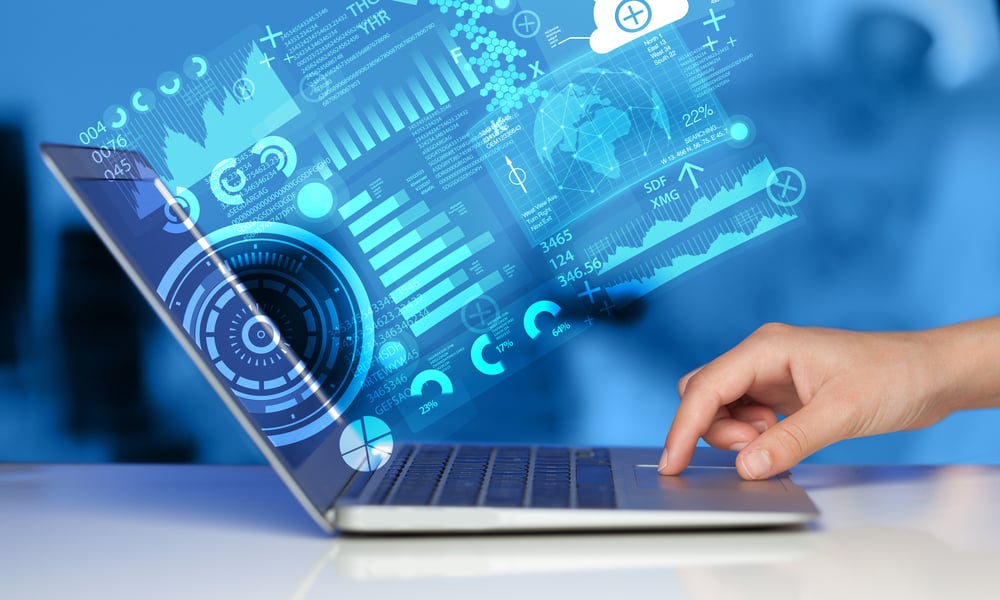Startups in 2025: A Glimpse into the Future
As we look ahead to 2025, the landscape of startups appears set for transformation. Innovations in technology and the relentless march of Artificial Intelligence (AI) and other cutting-edge domains are reshaping the fundamentals of entrepreneurship. But how will startups of the future look in this dynamically changing environment? Drawing on current trends, let's project the trajectory of the startup ecosystem.

1. Decentralization and the Rise of Remote Work
- Virtual Startups: With the normalization of remote work post-pandemic, we'll see a surge in 'virtual startups'. These businesses will have no physical office, with teams collaborating from different parts of the world.
- Global Talent Pool: Startups will tap into a global talent reservoir, moving beyond geographical constraints, leading to more diverse and specialized teams.
2. Deep Integration of AI and Automation
As emphasized in the ZenBusiness AI small business guide, startups will increasingly rely on AI and automation to operate smarter and faster.
- AI-driven Decisions: Startups will lean heavily on AI for data analysis, trend prediction, and decision-making processes.
- Automated Operations: Repetitive tasks, whether it's in HR, finance, or customer service, will be automated, allowing startups to function efficiently with leaner teams.
3. Emphasis on Sustainability
With increasing concerns about the environment, startups in 2025 will place a premium on sustainability.
- Eco-friendly Products/Services: Green startups will not just be a niche but will dominate many sectors.
- Sustainable Operations: From sourcing raw materials to operations and delivery, sustainability will be integral to a startup's future value, which can be calculated with tools from companies like Omni Calculator.
4. Flexible Business Models
- Service as a Software (SaaS) Proliferation: The SaaS model will penetrate various industries, from education to health and entertainment.
- Hyper-personalization: With advancements in AI, startups will offer hyper-personalized experiences to their customers, tailoring products or services based on individual preferences and behaviors.
5. Enhanced Focus on Mental Health and Well-being
- Well-being Tech: We can expect a surge in startups offering solutions for mental well-being, leveraging AI-driven apps, VR experiences, and more.
- Employee Wellness: Startups will integrate mental health strategies into their core culture, recognizing its importance in productivity and creativity.
6. Blockchain Beyond Cryptocurrency
While cryptocurrencies like Bitcoin and Ethereum are blockchain's most famous applications, by 2025, startups will harness this technology for a variety of uses.
- Decentralized Finance (DeFi): Startups will create products that bypass traditional financial intermediaries.
- Supply Chain Transparency: Companies will leverage blockchain to ensure product authenticity and transparent supply chains.
7. The Expansion of the Metaverse
The line between the virtual and physical worlds will blur.
- Virtual Real Estate: We'll see startups focusing on building, selling, or enhancing virtual real estate.
- Digital Identities: Companies will offer solutions for creating and managing digital personas in the virtual world.
8. Increased Importance of Data Privacy
With AI and technology permeating all sectors, concerns over data privacy will skyrocket.
- Privacy-focused Services: Startups will develop tools that ensure users' digital privacy, from encrypted messaging apps to secure virtual private networks.
- Data Ethics Consultancy: New businesses might emerge to guide other companies on ethical data usage.
9. Democratization of Technology
Access to advanced tech tools will no longer be confined to the elite.
- Low-code/No-code Platforms: These will become commonplace, enabling even non-tech entrepreneurs to build sophisticated digital solutions.
- Affordable AI: Startups will offer AI solutions at more accessible price points, enabling smaller businesses to leverage them.
10. Space Tech Startups
With the growing interest in space exploration and the potential for colonization, startups will venture into space tech, focusing on sustainable life systems, transportation, and more.
The startup ecosystem in 2025 will be a reflection of the evolving societal, technological, and economic dynamics. It promises to be an exciting era of groundbreaking ideas, transcending traditional boundaries and embracing a future brimming with potential. Entrepreneurs, investors, and consumers alike should prepare for a journey into a realm where technology and human ingenuity coalesce to redefine the world of startups.